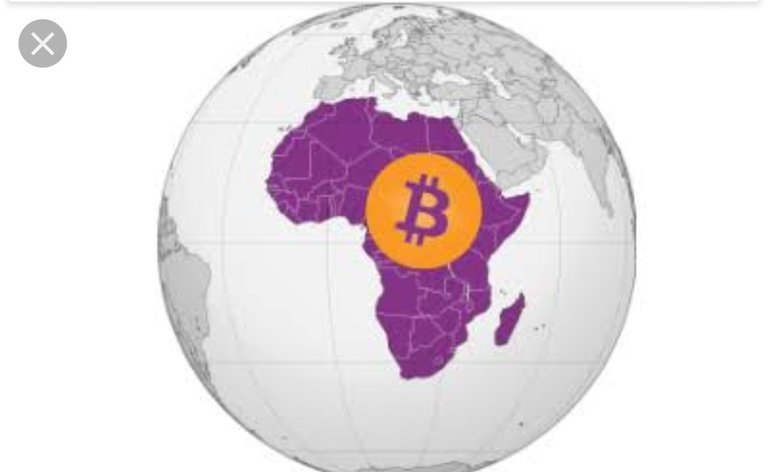When reporting on cryptocurrency, the mainstream media often focuses on price drops relating to USD. But a human rights activist reminds the general public that Bitcoin is not another commodity or stock on the market, rather, a tool for liberation.
Speculation, fraud, and greed in the cryptocurrency and blockchain industry have overshadowed the real, liberating potential of Satoshi Nakamoto’s invention,” writes Gladstein. “For people living under authoritarian governments, Bitcoin can be a valuable financial tool as a censorship-resistant medium of exchange.”
Bitcoin can help citizens suffering from inflation in Zimbabwe, those who want to avoid mass surveillance in China, NGOs that have their bank accounts frozen in Russia, and refugees without access to basic banking services. It also explains that cash fiat is used without government permission, but can be made virtually useless by hyperinflation and that many countries are moving to become cashless societies – thus strengthening the need for cryptocurrency.
“Less than 1% of the world’s population — no more than 40 million people — have ever used Bitcoin. But, according to the Human Rights Foundation, more than 50% of the world’s population lives under an authoritarian regime,” writes Gladstein. “If we invest the time and resources to develop user-friendly wallets, more exchanges, and better educational materials for Bitcoin, it has the potential to make a real difference for the 4 billion people who can’t trust their rulers or who can’t access the banking system. For them, Bitcoin can be a way out.”
BTC and cryptos is another form of fiat alternative besides gold and silver. When the entire financial system falls apart, the only assets that will have values will be cash (in the short term), cryptos (as long as the elites don't flip the internet switch off), jewelries, and precious metals (gold and silver).